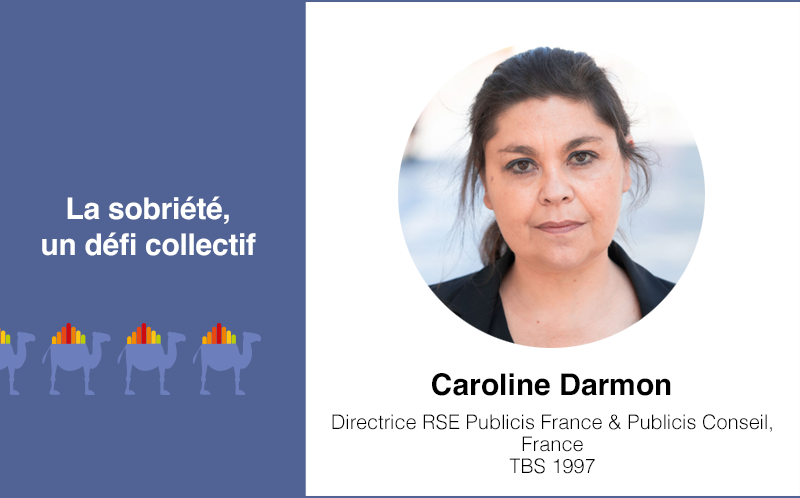
Our responsibility as communicators is to make sobriety desirable...
Our responsibility as communicators is to make sobriety desirable...
Caroline DARMON [TBS Education 1997]
CSR Director Publicis France & Publicis Conseil , France
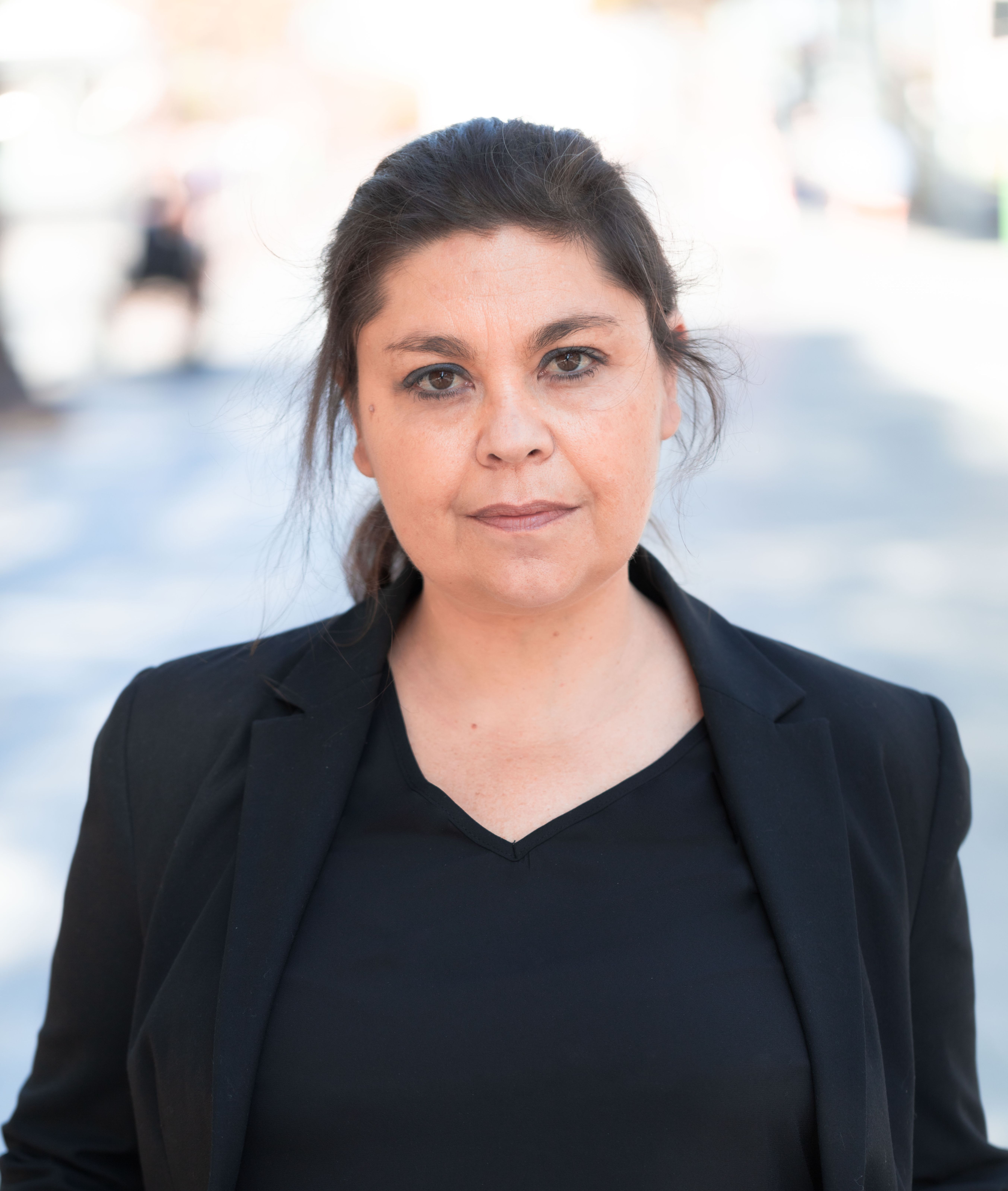
Professionalize the CSR approach to make it credible.
Starting in 2017, as practiced by industrialists, Caroline implemented a life cycle analysis of the design and production process of the agency. "The aim is to reduce our environmental and social impact when we create a communication campaign by measuring its carbon footprint with a proprietary Publicis measurement tool that we created with an independent body, in this case Bureau Veritas," explains Caroline. The program, which was named "No Impact for Big Impact" in 2020 and aims to reduce the carbon emissions of the agency's campaigns, was launched. The next objective is to develop the program with its clients.
A decisive first experience was carried out in 2018 with L'Oréal for the launch of the Garnier Bio range. With excellent results : the environmental impact of the production of the advertising campaign was divided by 8. "But getting advertisers to value this kind of approach
While still a student in Toulouse, Caroline already knew very well what she wanted to do: work in an advertising agency. She completed two internships in agencies during her studies at TBS and then, after graduating, joined Havas Agency as a sales representative and new business manager. In 2006, she joined Publicis Conseil, the group's flagship.
She accompanied companies from various fields, from France Télévisions to the Seb Group, including Dim and AXA. At the same time, she chose to add associations to her portfolio on a pro bono basis, a client profile that enriched her experience. This foray into the associative world also gave a new meaning to her professional commitment.
And it is by extending this personal search for new values that she begins to take a close interest in CSR. She quickly managed to convince people, so much so that in 2014, she set up a CSR department within Publicis Conseil, to work on and develop the agency's CSR. In fact, she put her finger on what is becoming a real social issue with the acceleration of climate change.
To become an expert, Caroline first focused on developing the agency's CSR - her very first roadmap - and tackled the company's own environmental, social and societal impacts.
is not easy. It took a long time to convince them," recalls Caroline. For two years now, the program has really taken off. Attitudes are changing and the proposal is also becoming more solid, now integrating all Publicis businesses (creative, media, digital, events, data...). "It's encouraging to see that the "No Impact for Big Impact" program launched by Caroline has significantly reduced the environmental impact of producing an advertising campaign for L'Oréal. However, it is true that convincing advertisers to invest in this type of approach can take time, especially if it involves an additional cost. But it is important to continue efforts to raise awareness and help advertisers understand that CSR can be an opportunity to positively differentiate themselves and strengthen their brand image.
"What we are experiencing is a major transformation that is shaking us up just as much as the digital transformation did previously. But the big difference is that, unlike the digital revolution where we had to learn new technologies, the CSR revolution is anchored in our daily lives. We are making a change by transposing into our businesses values what we already applied in our daily lives. In many situations, it is ultimately common sense. And for our communication professions in particular, the biggest challenge is to create new collective imaginaries that are consistent with the
Within the agency, studies, working groups and events are launched that bring together employees around three major issues: environmental awareness, which has become strategic with climate change, the well-being of employees, which is essential as a service company subject to daily stress, and equal opportunities, primarily through the fight against gender inequality and the inclusion of people with disabilities.
This experience gained internally, naturally transformed into expertise, which now allows the RSE team to accompany the agency's clients in reducing their own environmental, social, and societal impacts. For Caroline, a first turning point occurred in 2015, when she joined the CSR commission of the AACC (Association of Consulting Communication Agencies) and quickly became its Vice-President. All the members of the CSR committee are aware of the imperative nature and immensity of the work to be done in this field, but they are also rolling up their sleeves to put in place numerous tools to help agencies participate in the ecological and societal transition.
A second turning point came in 2018 when Publicis Conseil was awarded the "Active Agencies CSR" label with the maximum score, which legitimized the agency's entire CSR approach. Finally, a third decisive turning point came in 2019 with the creation of the position of CSR Director Publicis France, which Caroline has held since then in addition to that of CSR Director Publicis Conseil and a dedicated department with 6 employees.
ecological transition issue and no longer encourage overconsumption in a resource-limited world."
The challenge is to make people like sobriety, which is still perceived negatively
This requires sobriety at all times. This requires sobriety, at every moment. Since the Ukrainian crisis, like all companies, Publicis has implemented an energy sobriety program, such as turning off heating in offices on weekends. But responsible practices apply everywhere. On film shoots, for example, there are a whole series of choices to be made that drastically reduce the environmental impact: choosing to shoot in France, in natural light, using materials from the circular economy, consuming locally... A process that we learn to appreciate.
According to Caroline, agencies have a role to play in mobilizing their clients towards this objective, and in promoting this responsible attitude. "And then we have to convince consumers," she explains. "Our action is also to make this sobriety desirable to them. We try to use our power of influence to make people like sobriety, to integrate it positively into our stories.
As an example, Caroline cites the Castorama film, which features a salesman in a shop who advises customers on responsible solutions. When he goes home at the end of the day, we realize that this salesman is actually... a beaver. However, the initial script planned for the beaver to leave the Castorama parking lot in a car to return to his little house in the forest. Ultimately, the script was changed, and the salesperson leaves the store on a bike. “It was obvious, it made sense.” Caroline adds: "The idea is to get the collective imagination moving and to do that we need to get the creative people on board with the issues of transition, so that they naturally integrate it into the stories they tell us.” In the same way, in the latest Renault film Capture Hybrid, the various protagonists of the story, even though they own the car, prefer to cycle or walk. The idea is to imply that just because it emits less CO2 and uses less fuel, it doesn't mean that it should always be used. Making people want a car without actually driving it is very innovative and a form of assumed sobriety.

The responsibility of the agencies is real but it is not the responsibility of the product itself
Advertising is often accused of green-washing. "Green-washing is communicating on a company's "green action" which only involves a small commitment on the part of the company and thus conceals the real impact of its other actions on the environment. It's a bit like the tree that hides the forest," Caroline explains. "This is where the responsibility of agencies lies, in their power to influence companies to be transparent and honest, to the consumer, so as not to mislead them.” She explains that agencies cannot be held responsible for the pollution caused by products. However, their role as advisors to no longer promote these products is real and it is committed.
Should legislation be put in place to ban advertising of products with significant environmental impact?
CSR is a serious matter with immense collective stakes. The Citizens' Climate Convention called for a ban on advertising for the most polluting products. The legislator then asked Agathe Bousquet, President of Publicis France, and Arnaud Leroy, then President of ADEME, to reflect on this subject and draw up a proposal for action. This is how the "Climate and Resilience" law of April 2021, which aims to transform our lifestyles towards a more sustainable societal model, set up a new mechanism capable of engaging all the actors in the communication sector to support the ecological transition: the Climate Contracts. Except for automobile and household appliance companies that spend more than 100,000 euros per year on advertising, for which it is mandatory, the drafting of these contracts is voluntary.
"All actors in the communication ecosystem are used to practicing self-regulation with the ARPP (Professional Advertising Regulation Authority)," explains Caroline.
"This Climate Contract consists of showing that the sector has understood its responsibility in the environmental transition and that it does not need a law to be forced to act. Its actors commit to implementing various measurable actions to be officially accountable. Companies can thus respond to the increasingly high expectations of consumers.
An initial assessment carried out by Arcom in January evaluated the results obtained over the first six months. 144 contracts were written. They are not all very ambitious, but some already are. For example, the automotive industry is committed to devoting 60% of its share of the vote to hybrid and electric vehicles by 2022. Finally, one could decide to ban advertising altogether. But using the power of communication to influence consumers to consume differently and companies to produce and distribute more sustainably is transforming forced austerity into chosen sobriety. This may be the best way to support the ecological transition.
Interview by Anne LAFONT (TBS Education 1988)



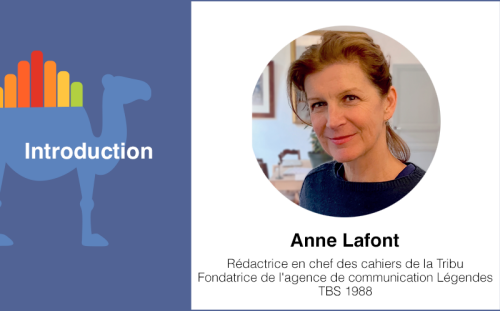

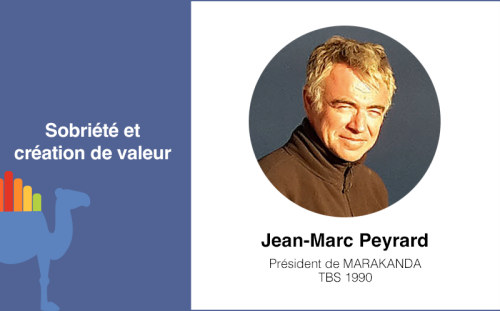

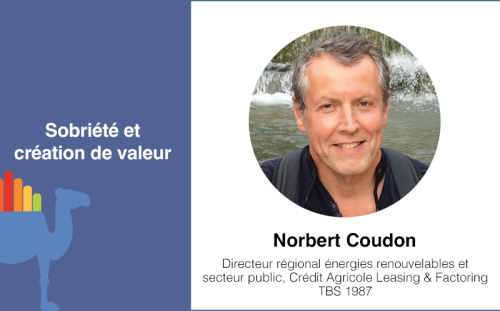
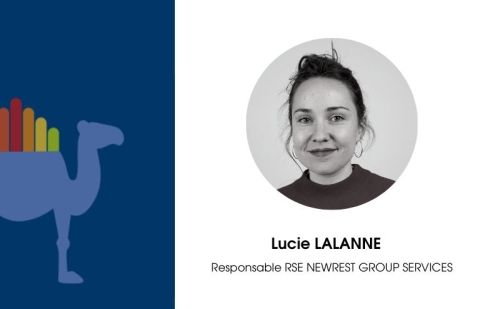
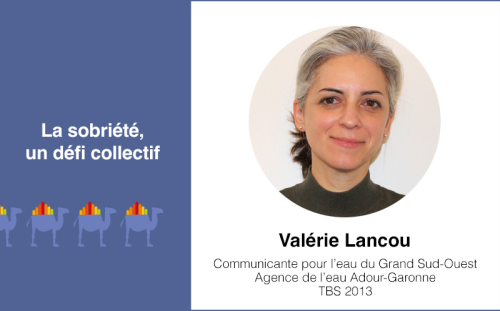
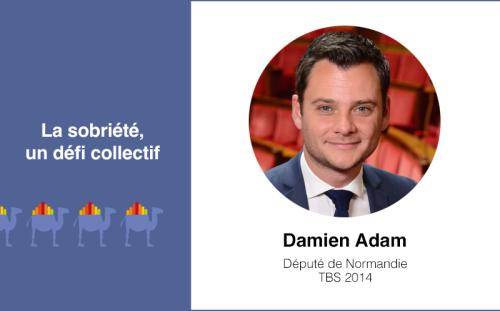
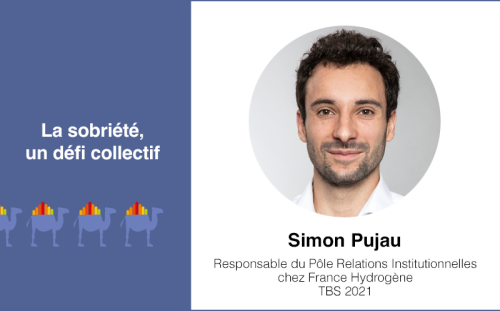
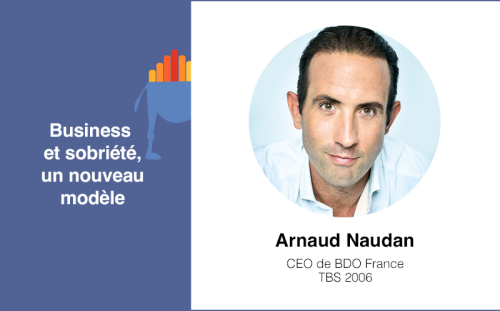
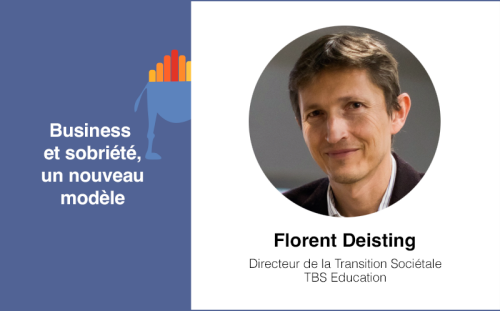
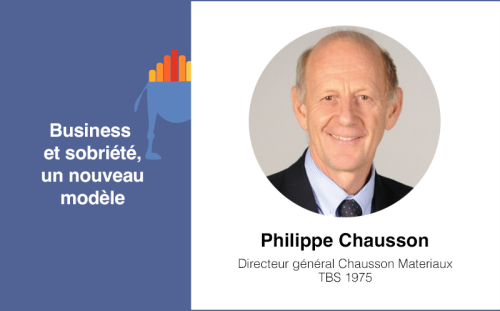
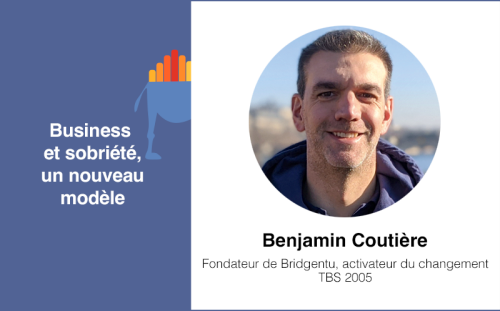
No comment
Log in to post comment. Log in.